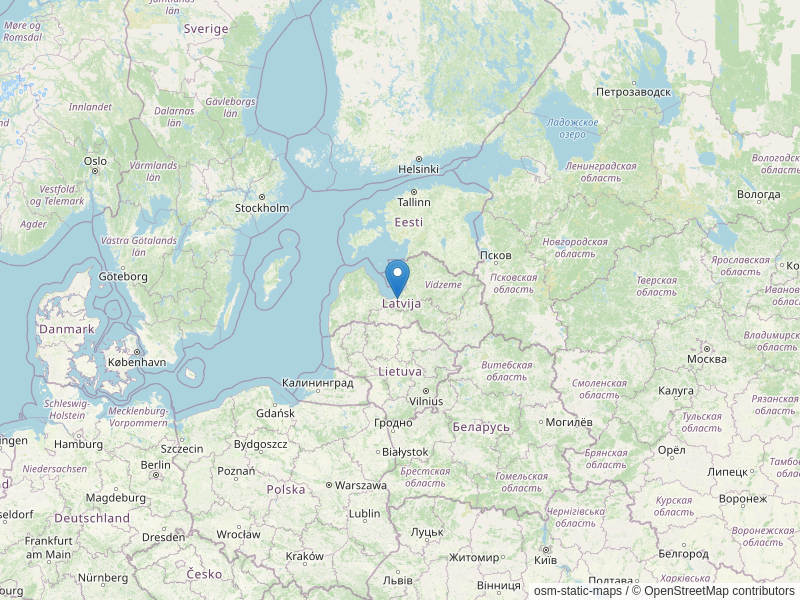The Requirements

Higher education entrance qualification
To be admitted to a German university, you need to provide a document that proves your academic qualification, the so-called higher education entrance qualification. I most cases, your school-leaving certificate that enables you to study in you home country also enables you to study in Germany.
If you received your high school diploma in 1997 or before, please consult the Central Office for Foreign Education.
With your high school diploma from Estonia, Latvia or Lithuania (received in 1998 or later) you have direct access to German universities – as part of the agreements on recognising school diploma within the European Union.
German grading system
To give you a the first orientation of how your grades correspond to the German grading system you can use the Bavarian formula. Your grades will be officially converted either by the German uniersity itself or by their partner organisations.
If you obtained your secondary education outside the EU, different rules might apply. Please inform yourself on anabin how your diploma is recognized in Germany. In several cases you wil need to attend one year of Studienkolleg before you can start your studies at the university. You can use this year to improve your German language skills.
Language certificate
To enrol in a regular study programme at a German university, you need to have good knowledge of German (or English – depending on the language of the study programme of your choice). If you decide to go for an English taught study program, often no German certificate is required. However we advise you to obtain at least basic skills in German before going to Germany, it will make your life outside the lecture hall easier.
There are several certified tests for German language to prove your proficiency.
Very often, a level of C1 is required for studying, sometimes B2 is sufficient. Individual decisions on the required language skills are usually taken by each university’s admission office, not least depending on the study field. Sometimes you may also be offered a temporary solution – e.g. you may start to study, but need to prove your language skills after a few months of studying.
For tests in English, there are also individual rules; tests are available at English-language institutions.
For German, the following tests are available for study purposes:
- Test Deutsch als Fremdsprache (TestDaF)
- Deutsche Sprachprüfung für den Hochschulzugang ausländischer Studienbewerber (DSH)
- Goethe-Zertifikat C2:GDS
- Deutsches Sprachdiplom der Kultusministerkonferenz (DSD), zweite Stufe
For spontaneous documentation of your skills in German or English, there is the onSET test. OnSET is sufficient, for instance, for applying for a DAAD scholarship (NOT for starting your studies at a German university, though!). Please get in touch with us or with your local DAAD lecturer in Estonia, Latvia or Lithuania about the onSET test dates! Contacts
Further Information
- An overview about the language examinations that are accepted by the German universities www.sprachnachweis.de
- There are TestDaF examination centres and Goethe Institutes as well as German partner schools for DSD II in Estonia, Latvia and Lithuania. More information here.
- General information about the requirements for studies in Germany on the central website of the DAAD here.
Short Study and Research Stays
If you only wish to spend one or two semesters as an exchange student in Germany, or if you plan a short research stay in Germany, different language requrements might apply. In most cases you do not need to prove your German language proficiency. Only some universities demand a language test; so please check the university of your choice or consult your local Erasmus+ advisor to be sure about the requirements.
Students can use various Language Summer courses offered by the German universities. There are DAAD scholarships available for these courses.
We recommend to learn German
If you wish to study in Germany in a programme in English, we recommend that you acquire at least basic skills in German before going to Germany. Even if you may find your way at university, it can be quite difficult to organise your everyday life if you don’t know any German.







